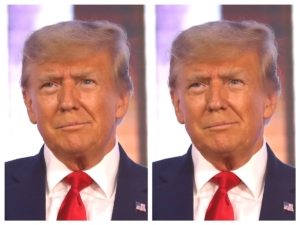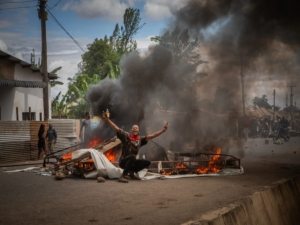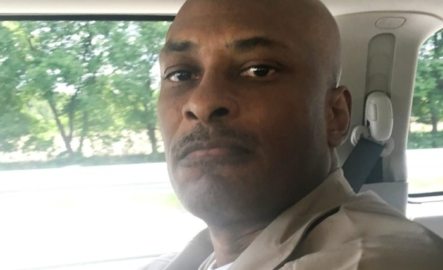South Africa’s long-awaited inquiry into claims that successive post-apartheid governments interfered with investigations into apartheid-era crimes was delayed on its opening day after a dispute arose over one of its lead lawyers.
The inquiry, commissioned by President Cyril Ramaphosa in April, follows years of frustration from families of apartheid victims who argue that successive administrations have neglected justice by failing to prosecute perpetrators. The apartheid system formally ended in 1994, but many of its crimes remain unresolved.
On Monday, the National Prosecuting Authority (NPA) objected to the appointment of Ishmael Semenya as the inquiry’s chief evidence leader, claiming he could not be impartial. The NPA stated that Semenya had previously advised on a prosecution policy for apartheid-era cases that a court later ruled unconstitutional.
READ ALSO: Businessman who exposed South Africa’s biggest bribery network gets plea deal
Judge Sisi Khampepe, who chairs the inquiry, instructed the NPA and the justice ministry to submit formal applications for Semenya’s recusal by Wednesday. She adjourned proceedings until November 26, when the matter will be reviewed, AP reported. Semenya has not responded publicly to the objection.
The inquiry was on the heels of unresolved cases identified by South Africa’s Truth and Reconciliation Commission (TRC), which was created in 1996 under President Nelson Mandela to document apartheid abuses. The TRC granted amnesty to some perpetrators who confessed their crimes, but dozens of cases involving those who never applied for amnesty have remained dormant for decades.
Critics have long accused the African National Congress (ANC), which led the struggle against apartheid and has governed since 1994, of neglecting accountability for those crimes. In 2008, a Pretoria court condemned an NPA policy on apartheid prosecutions as “absurd and unconstitutional,” faulting it for deprioritizing justice for victims, a policy Semenya helped advise.
Earlier this year, over 20 families of apartheid-era victims filed a lawsuit against President Ramaphosa and his government, demanding an independent inquiry and $9.7 million in damages. The president agreed to establish the current inquiry as part of a settlement, while the damages claim remains before the courts.
In recent months, South Africa has renewed efforts to revisit unresolved apartheid killings. In October, a new inquest determined that former ANC leader Albert Luthuli was beaten to death by security forces in 1967, contradicting the apartheid regime’s original claim that he was struck by a train.
READ ALSO: South Africa blasts Trump’s refugee policy favoring white Afrikaners










